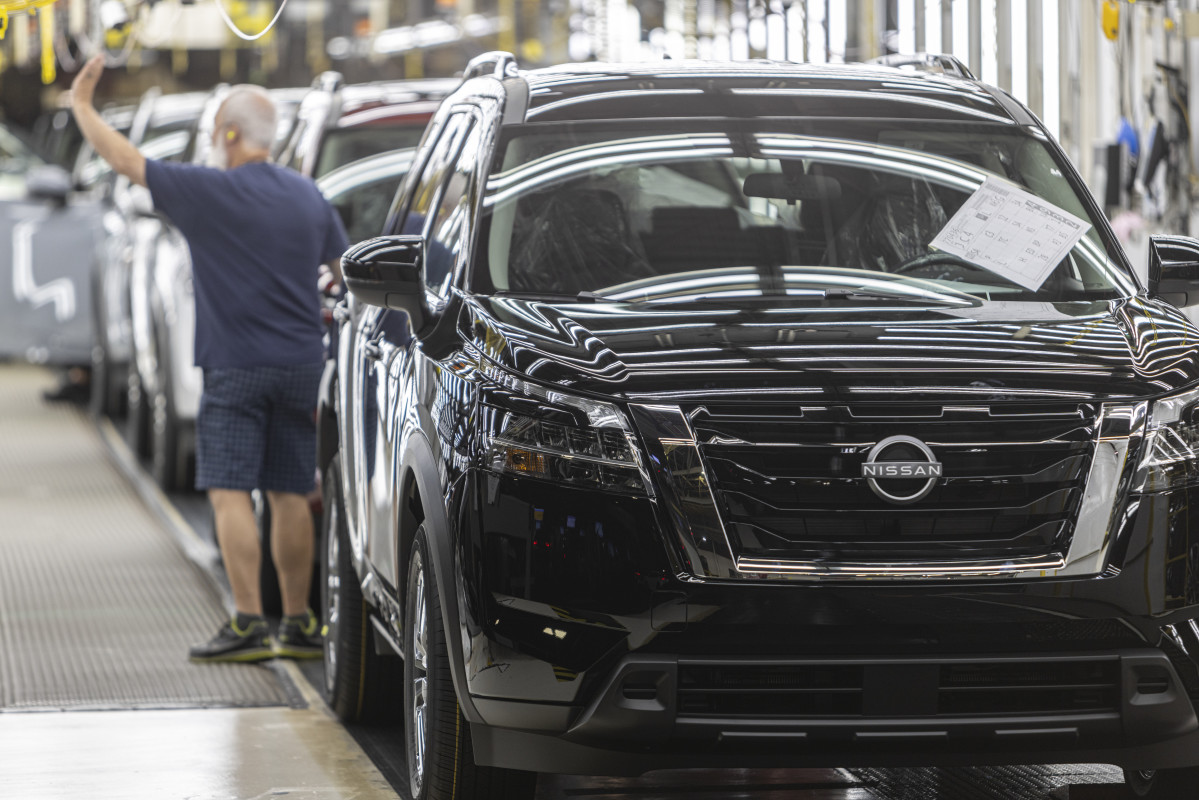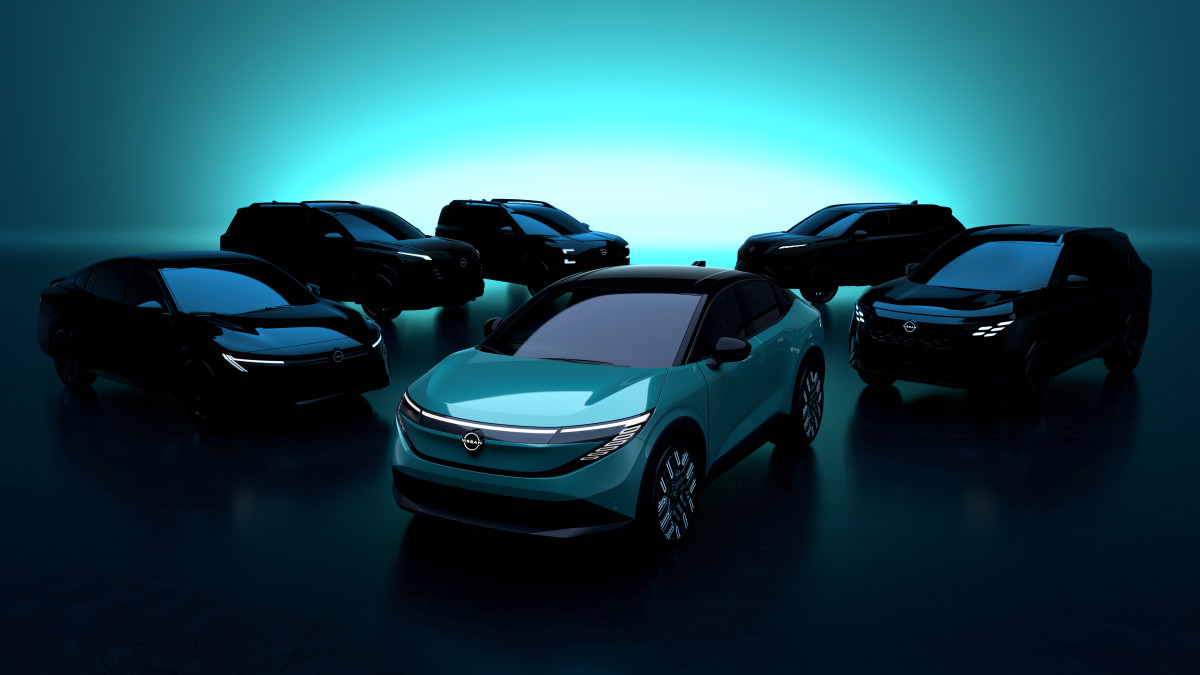Nissan’s Financial Hurdles

Nissan recently announced some tough financial news. The Japanese automaker is expecting to report record net losses ranging from $4.9 to $5.3 billion. These losses are largely credited to the costs associated with their turnaround plans and significant global restructuring efforts. The worst of these hits have been felt in their North American, Latin American, European, and Japanese operations. Over $3.47 billion in costs are coming from impairments alone, and restructuring is costing them an additional $420 million.
Nissan’s new CEO Ivan Espinosa has indicated they’re taking proactive measures, revising their full-year outlook to reflect these challenges. Despite this rough terrain, Espinosa remains optimistic, citing significant financial resources and a promising lineup of new products ready to hit the market. Dubbing himself as “full of energy,” Espinosa brings a fresh perspective to Nissan’s leadership, which the company hopes will steer them back to stability.
Nissan’s situation is further complicated by tariff challenges. Starting April 3, President Trump’s 25% tariff on foreign autos and parts has added financial pressure. However, the company plans to keep the current pricing stable until at least June 2 while preparing for future price adjustments.
The Road Ahead

With an aging car lineup, Nissan has little time to waste. Espinosa has a strategy in place to rejuvenate their offerings with new and updated models, set to roll out by 2027. The first on that list is a refreshed Nissan LEAF. As a part of their push forward, they sold approximately 924,008 vehicles in the U.S. and 103,092 in Canada last year, showing a slight rise in sales numbers. Nissan Americas Chairman Christian Meunier sees North America as a crucial platform for growth, propelling the company through these tumultuous times.
Nissan’s production strategy is currently interwoven with cross-border challenges. The Sentra, Versa, and Kicks models are manufactured in Mexico, subjecting them to tariff risks. Meanwhile, the Altima, Titan, Frontier, Murano, Pathfinder, and Rogue are produced in the U.S. plants in Canton, Mississippi, and Smyrna, Tennessee, partially shielding these models from the brunt of tariff impacts.
Conclusion

Nissan’s road to recovery is bound with hurdles, from perfecting the rollout of new models to tackling the sticky tariff situation. Success for Nissan hinges not only on the cars that once delighted enthusiasts but on mainstream models like the Rogue, Altima, and Sentra, which are critical for boosting sales. Espinosa’s leadership is put to the test here and now as he works to right the ship and steer Nissan toward a brighter future.
Ferrari's Electric Debut
Yoke Redesign Hits U.S.
Vintage G-Wagen Style
Porsche's Power SUV
Shaq's 900 HP Charger